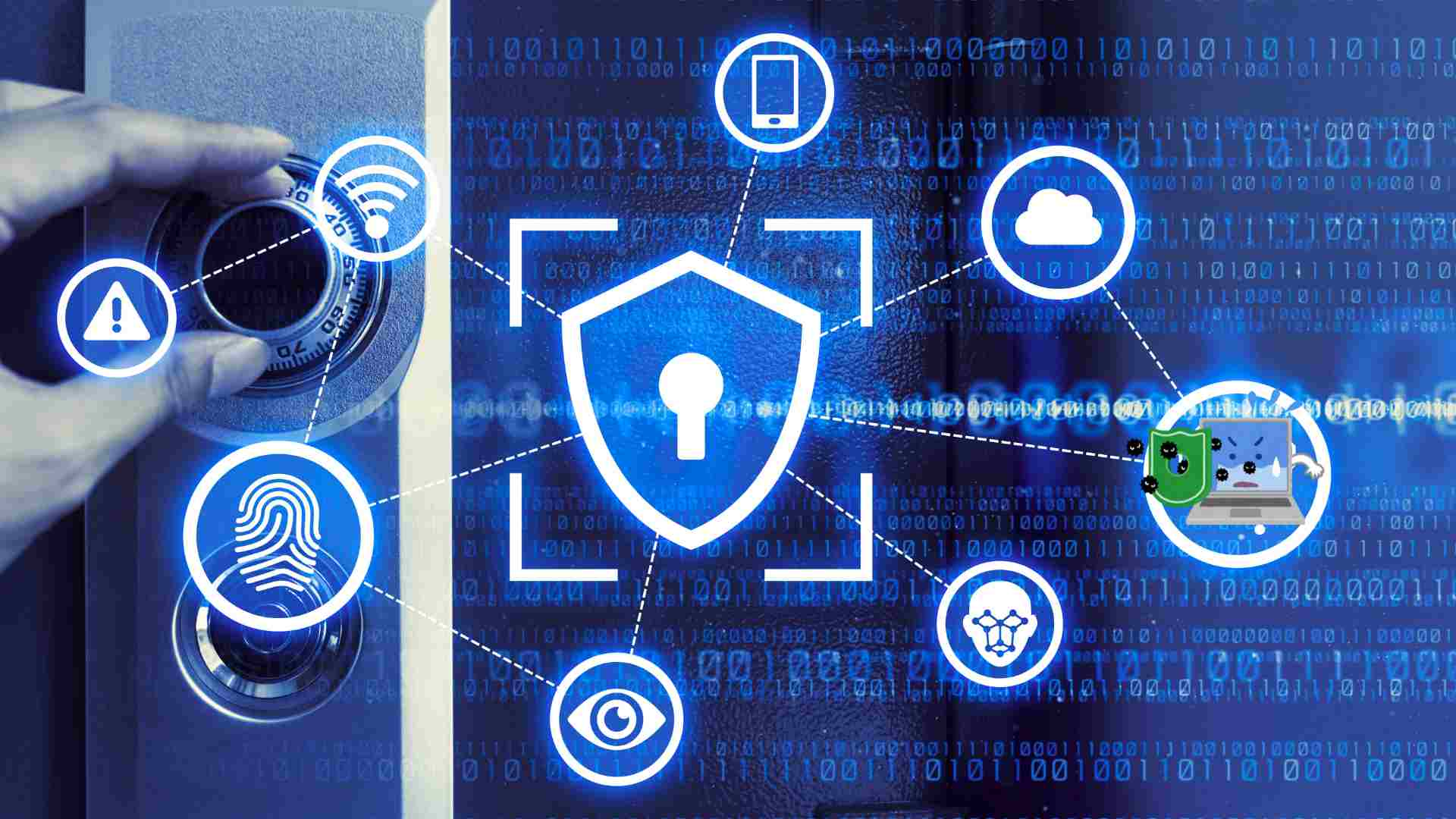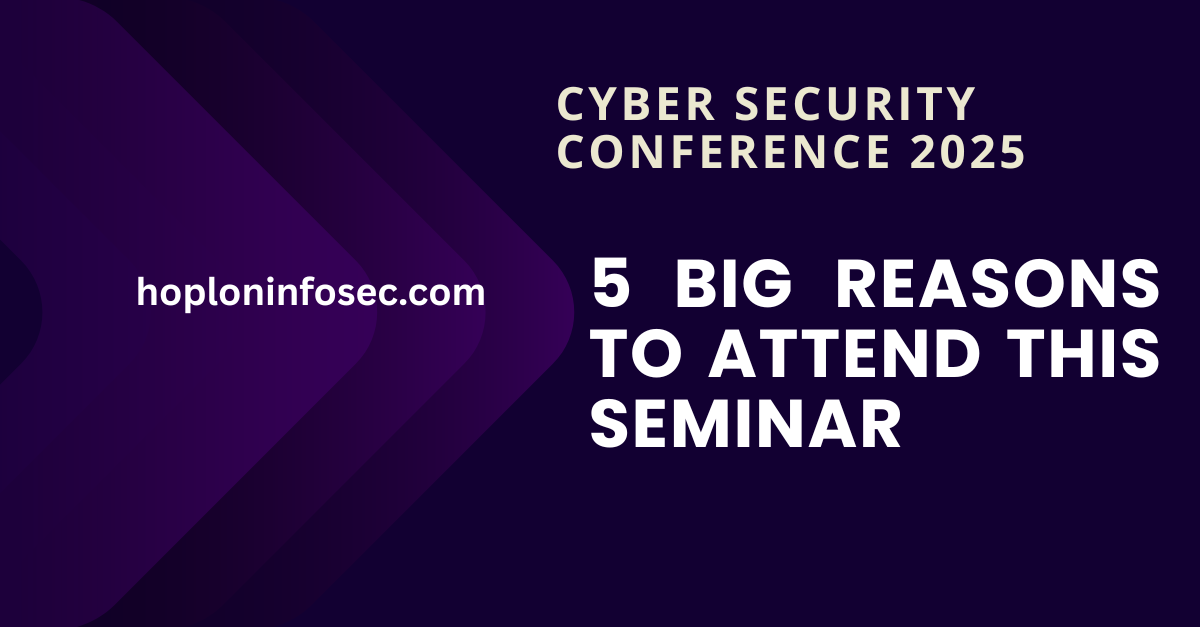Imagine watching TV, and suddenly every channel goes black. Not just one, not just news, but every single one. No signal. No shows. Only silence. That happened on April 8, 2015, to TV5Monde, a major French TV network. All 12 of its broadcast channels were shut down. The attackers didn’t stop there. They took control of social media accounts, posted threats, and caused chaos. It felt like a war was happening but online. That Night the Screens Went Black.
At first, it looked like a terrorist attack from ISIS. But as investigators dug deeper, they found something even more worrying: signs that pointed to Russian military hackers, known in the cyber world as APT28 or Fancy Bear.
What Happened in Tv5monde Cyber Attack in 2025
On April 8, just before 10:00 p.m., TV5Monde’s 12 channels suddenly went off air. The company’s Facebook page and Twitter account started posting messages supporting ISIS. They included threats and personal information about French soldiers. It looked like an extremist group had hacked the channel.
But in reality, this was just the final blow. The attackers had entered the system long before. Reports say the first breach happened in January 2015, almost three months earlier. During this time, they moved quietly inside the network, studying everything.
They learned how the systems worked, took passwords, and planned the perfect moment to strike. On the night of April 8, they launched a full-scale attack. It knocked the whole channel off air for more than three hours.
It took days to get things running normally again. Some systems were down for weeks. The damage wasn’t just technical. It was personal, financial, and deeply damaging to TV5Monde’s reputation.
Where Was the Mistake?
The biggest mistake was poor cybersecurity hygiene. The hackers used phishing emails to get into the network. This means someone clicked a bad link or opened a dangerous attachment. Once inside, the attackers found weak passwords. One password was even written on a sticky note and shown during a news report!
Here is how the attack worked step by step:
- Phishing Email (January 2015): Hackers sent fake emails to employees.
- Access Gained: A few employees clicked the email. Malware entered the system.
- Exploring the Network: The attackers studied everything passwords, systems, broadcast software.
- Third-Party Weaknesses: They used tools from Dutch camera software companies to enter deeper.
- Preparation: They waited and planned the attack carefully.
- The Hit (April 8): Broadcast systems were destroyed. Social media hacked.
- Physical Intervention: One smart engineer unplugged a server to stop the attack from spreading more.
Who Was Behind the Attack?
At first, the attackers called themselves the “Cyber Caliphate” and claimed to support ISIS. But that was a lie. Investigators from France’s cyber agency ANSSI, along with private firms like FireEye, traced the attack back to APT28.
APT28 is linked to Russia’s military intelligence agency (GRU). They are known for targeting NATO, governments, and media. They usually work between 9 a.m. and 6 p.m. Moscow time. And they leave small signs in the code that only experts can recognize.
This attack was not just to spread terror. It was a test. A test of how much damage they could do. A test to see how long they could stay hidden. And a test of how France would respond.
How Much Was Lost?
You know, when the TV5Monde cyberattack hit in April 2015, it wasn’t just a glitch or a random hack. It was a direct punch to the heart of France’s media. The immediate financial loss alone was estimated at around €5 million, just to get the network back on its feet. That included hardware replacements, emergency IT support, and damage control. But that was just the start.
The financial loss was huge. Each year after the attack, TV5Monde had to invest at least €3 million more into cybersecurity just to prevent this from happening again. Imagine running a media house where every penny counts, and suddenly you’re spending millions just to protect what you already had. That’s the cost of being unprepared.
Then there was the advertising loss. Advertisers don’t wait around when your brand is tied to a cyber breach. Revenue plummeted because sponsors didn’t want their name next to what looked like a security failure.
Journalists lost faith in their own newsroom’s digital safety. Their stories, interviews, personal emails everything felt exposed. Employee morale dropped, and productivity took a hit. Even simple tasks became suspicious. People were afraid to click links or open emails.
Most importantly, public trust was shaken. TV5Monde had a reputation for professionalism and global journalism. But overnight, people wondered how secure is their data? If state-backed hackers can take over 12 channels and spread propaganda, what else is possible?
And on a bigger scale, it became a political issue. France had to respond like it was an act of war. It forced the country and really, all of Europe to rethink how media systems are protected. The message was clear: a cyberattack is not just an IT problem it’s a national one.
How Can It Happen to You?
If it can happen to a big TV network, it can happen to anyone with some red pointed issues. Here’s how:
- Email Phishing: Fake emails pretending to be from friends or companies. Click the link, and your system is hacked.
- Weak Passwords: Using “123456” or “password” is dangerous.
- Shared Networks: If one device is hacked, the whole network is open.
- No Updates: If you don’t update your software, it’s easier to break in.
How You Can Detect It
Look for these common warning signs:
- Your computer is slower than usual.
- Files disappear or change without you doing anything.
- Passwords stop working.
- You see messages or posts you didn’t write.
- Strange programs appear on your screen.
If you see any of these, tell someone immediately. The longer a hacker stays inside, the worse the damage.
How to Stay Safe
- Be careful with emails. Don’t click unknown links.
- Use strong passwords. Change them often. Use two-factor authentication.
- Update your software. Always install security updates.
- Keep backups. Store important files in two places.
- Separate networks. Don’t mix personal and work devices.
What Actually Went Wrong?
Endpoint security protects the devices people use every day like computers, broadcasting terminals, and internal servers. In this attack:
- Hackers entered through employee workstations, using well-crafted phishing emails.
- Once inside, they moved laterally through TV5Monde’s systems, looking for weak spots.
- Eventually, they took control of core broadcasting and admin machines, bringing down 12 live channels.
- Even their social media accounts were hijacked all controlled through compromised desktops.
There was no major involvement of smartphones or mobile apps. This was a failure of traditional endpoint defenses not mobile platforms.
Why Endpoint Security Matters (Now More Than Ever)
The real danger comes from what seems ordinary an employee’s desktop, a login screen, an email. And when these devices aren’t protected with strong endpoint security, the entire organization is vulnerable.
This wasn’t just an IT issue it was a national crisis. Reputations were damaged. Millions were lost. Public trust was shaken. This could happen to any organization that relies on digital infrastructure.
What You Can Do Today
At Hoplon Infosec, we specialize in enterprise-grade endpoint security designed to stop exactly these kinds of attacks before they ever reach your network.
Our service includes:
- Real-time threat detection and isolation
- Next-gen antivirus and behavioral monitoring
- Zero Trust access policies
- 24/7 endpoint monitoring with rapid response
If you’re serious about protecting your organization’s future, let’s talk. Book a free consultation with Hoplon Infosec today.
One weak device can take down your whole network. Don’t wait for that moment. Secure it now with Hoplon.
Final Words
The TV5Monde cyberattack was a big wake-up call. It showed how a few clicks can bring down an entire television network. It showed how dangerous digital warfare can be. And it reminded us that even the most secure-looking systems can fall if we don’t take care.
You don’t need to be a tech expert to stay safe. Just be smart. Be alert. Ask for help if something feels wrong. Because in today’s world, the next attack could be one click away.
Resources
France24
BBC
The Guardian







